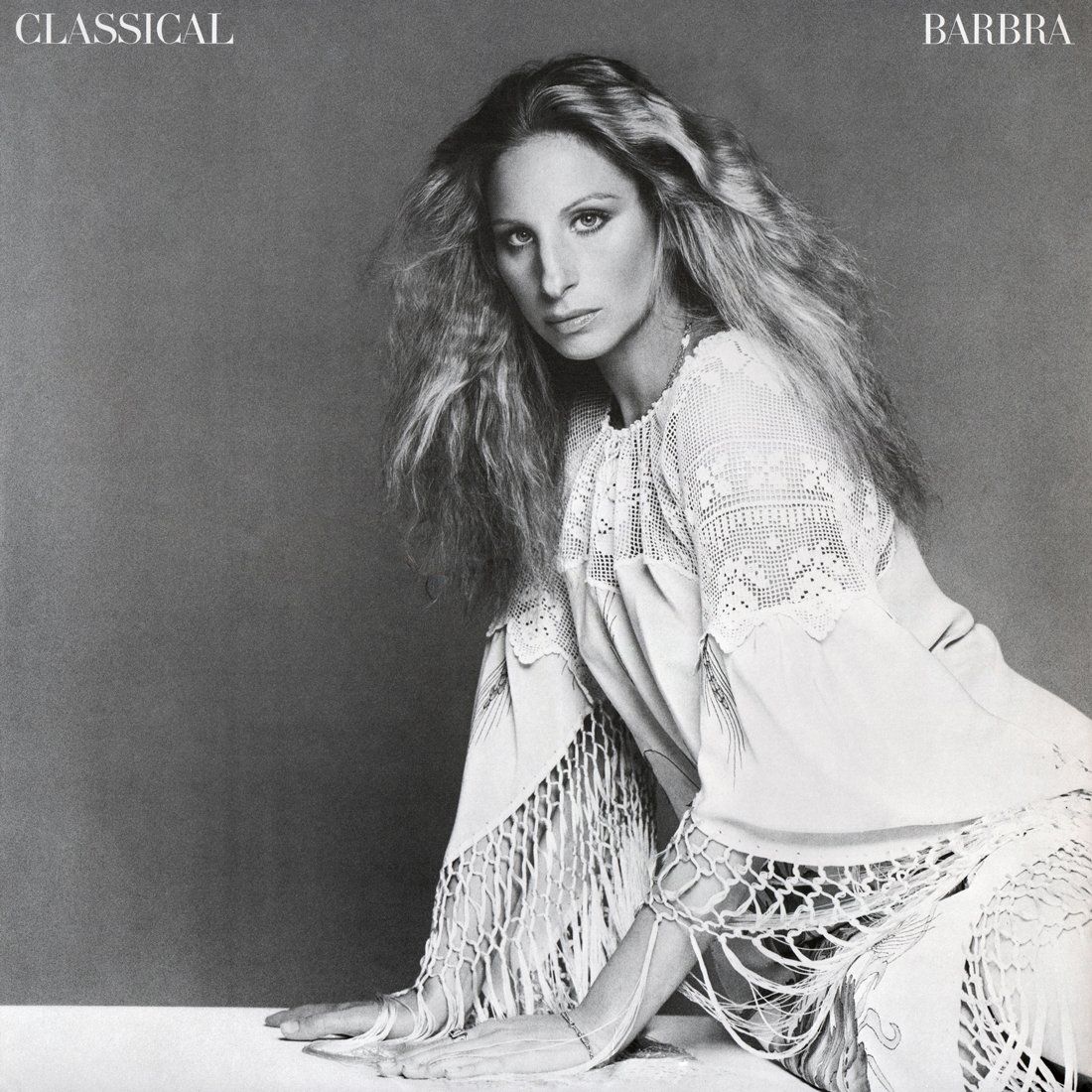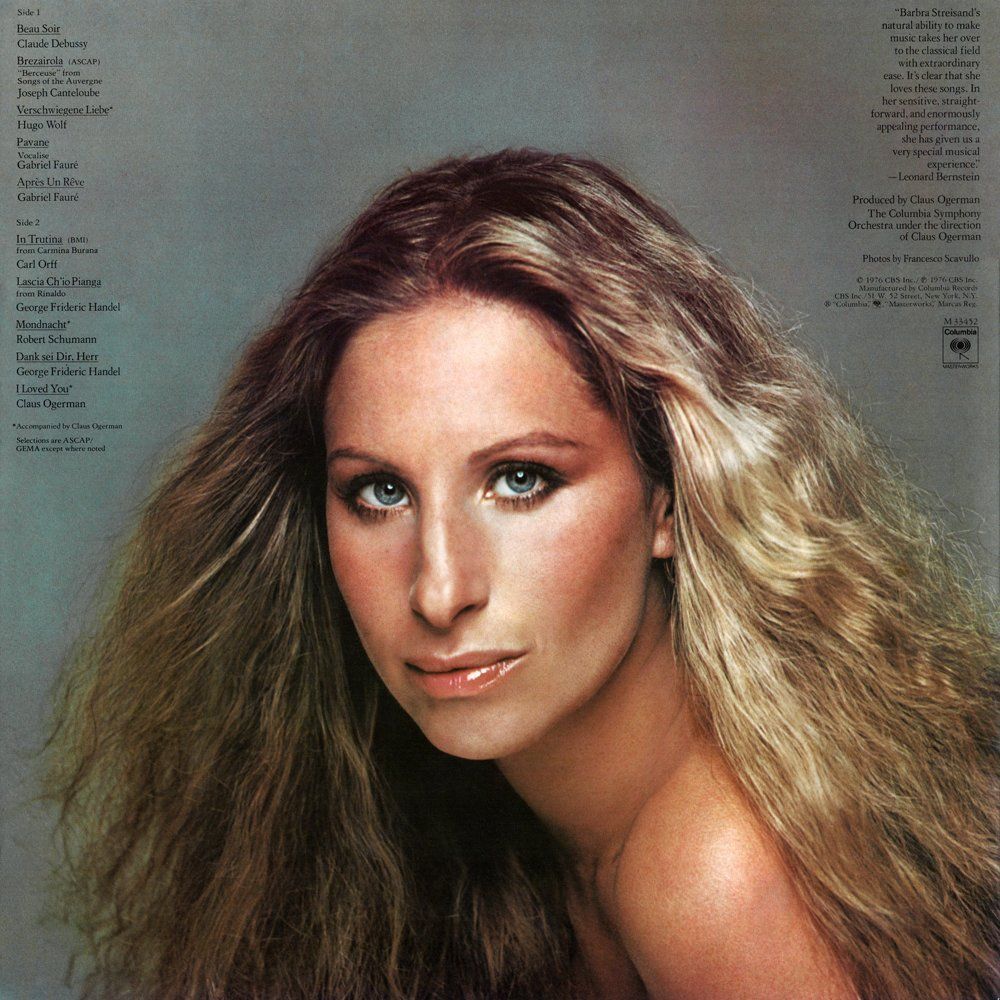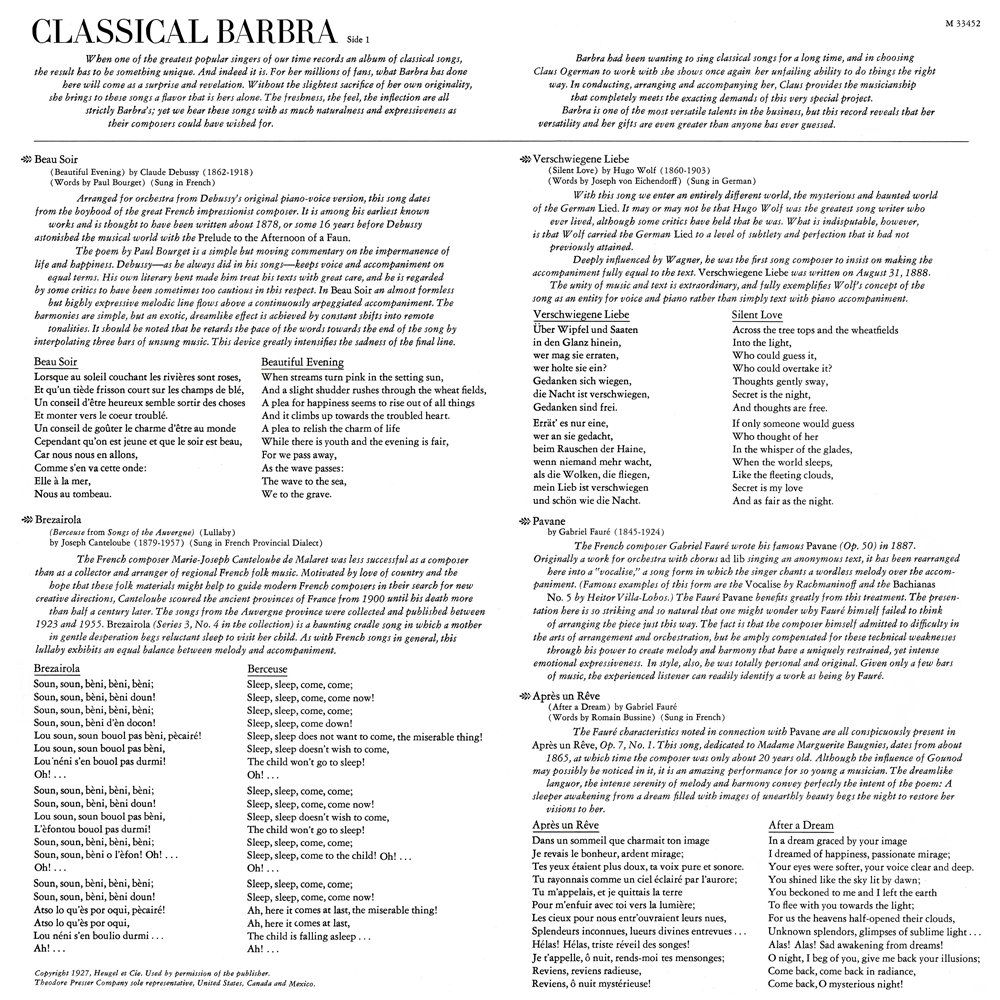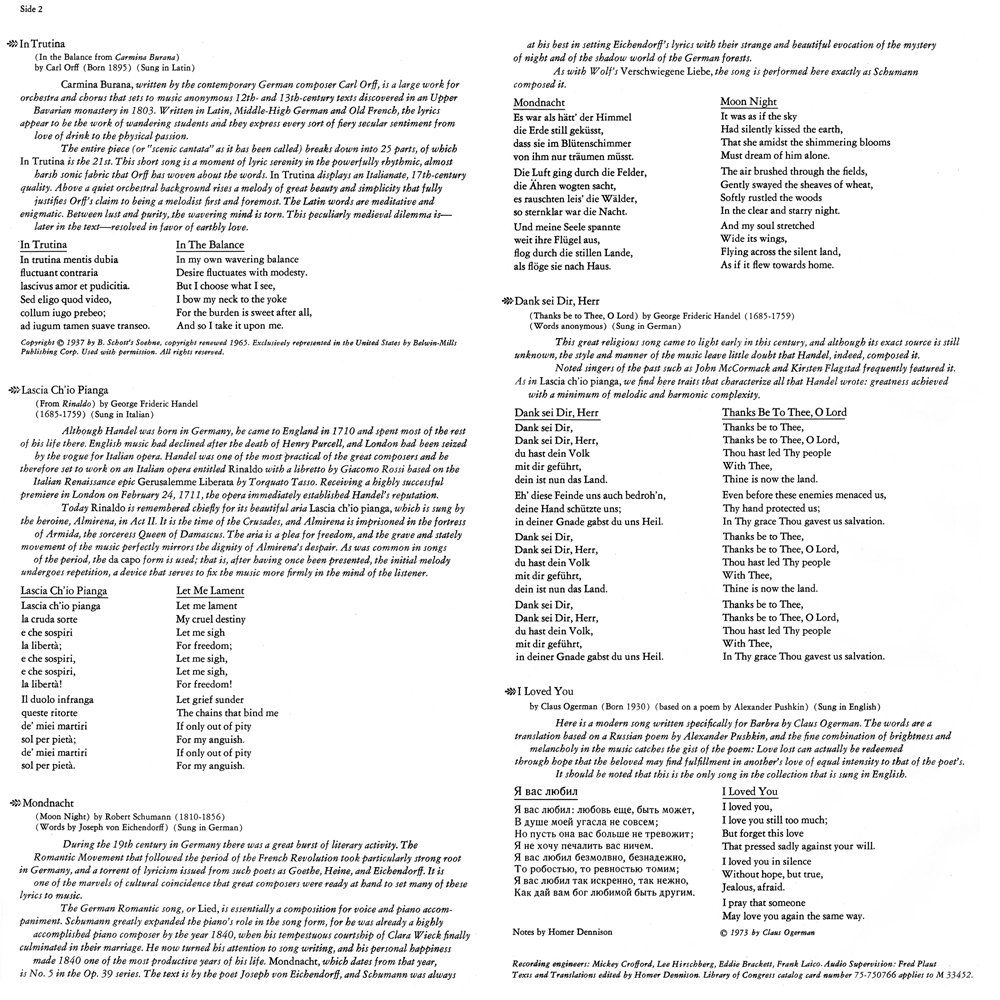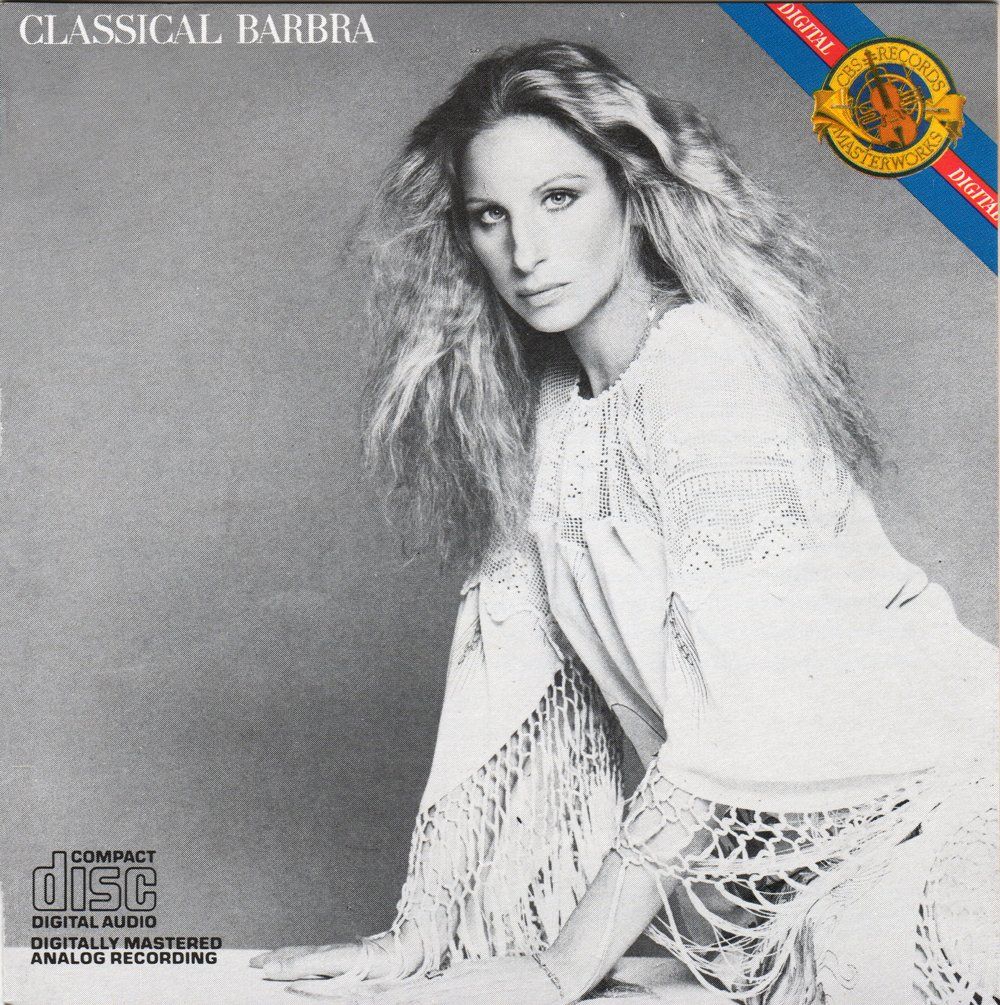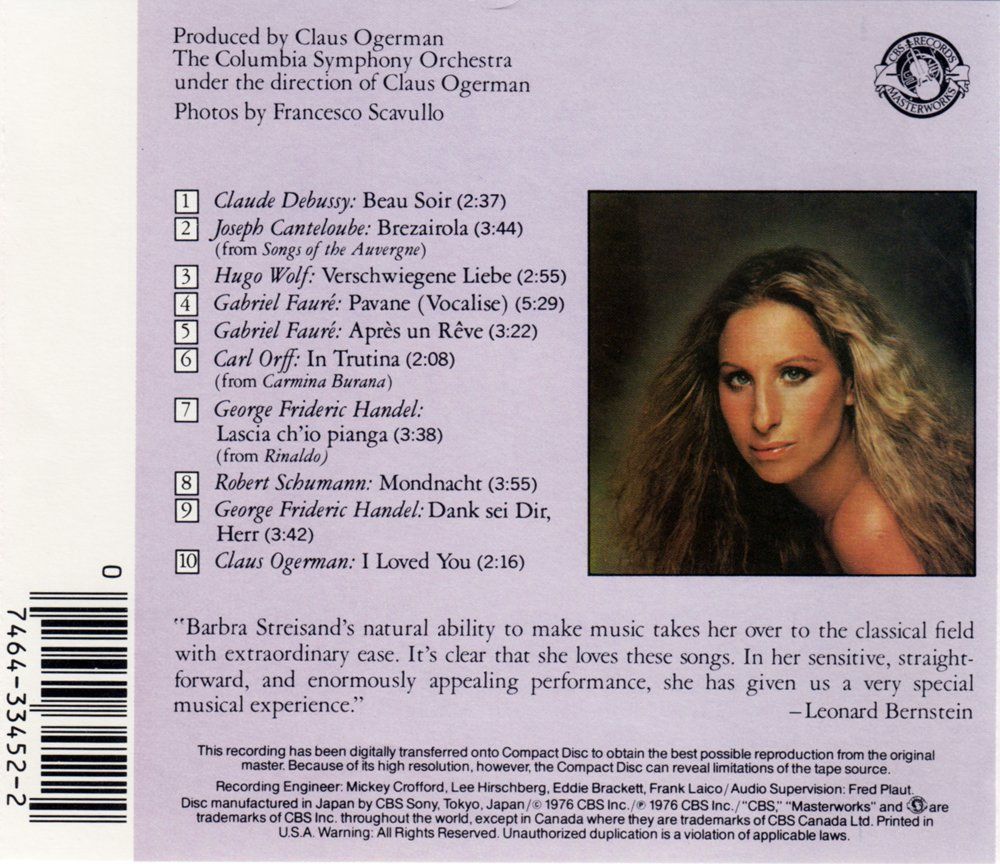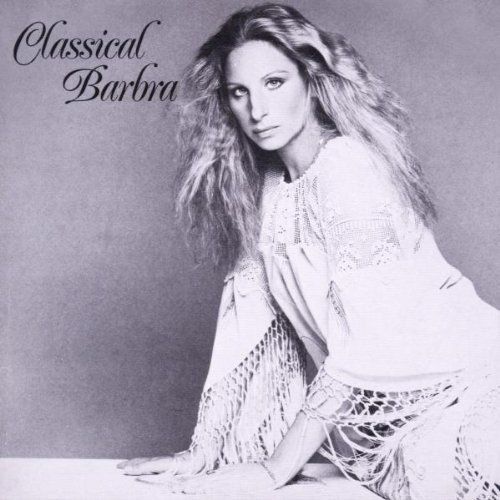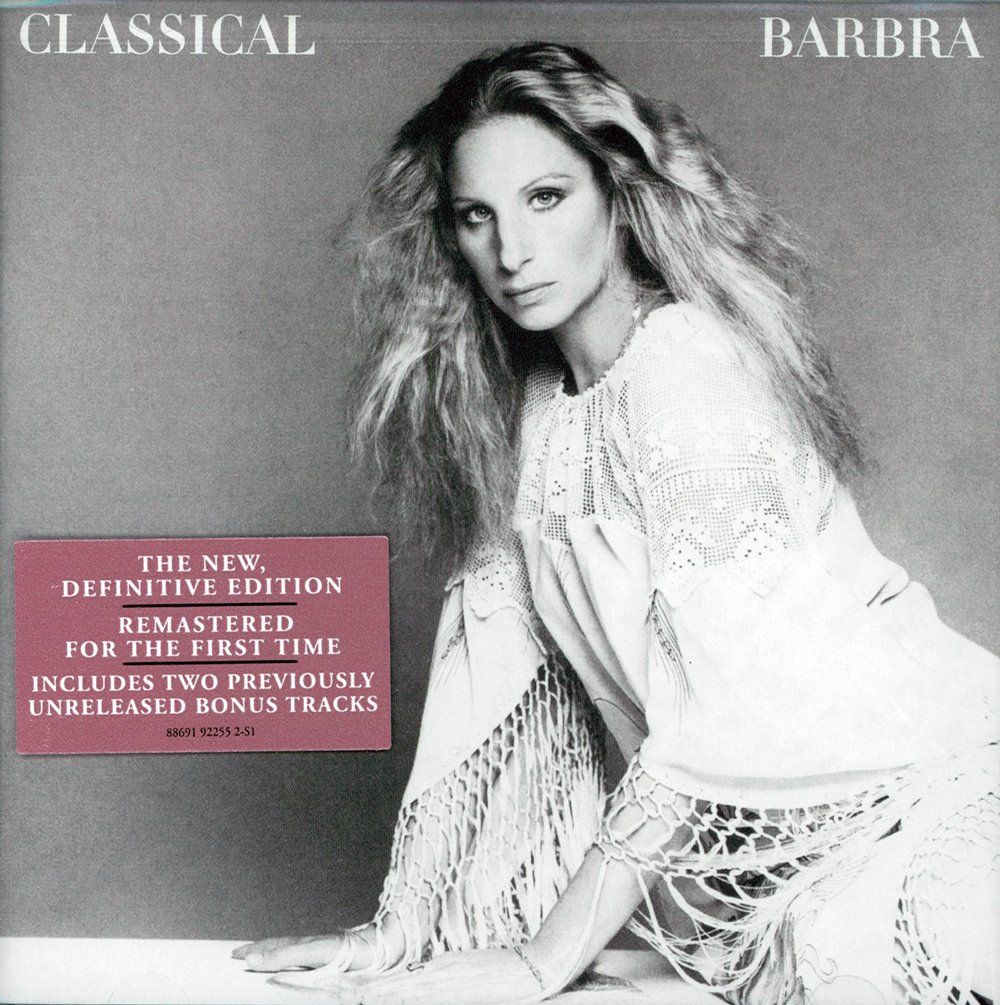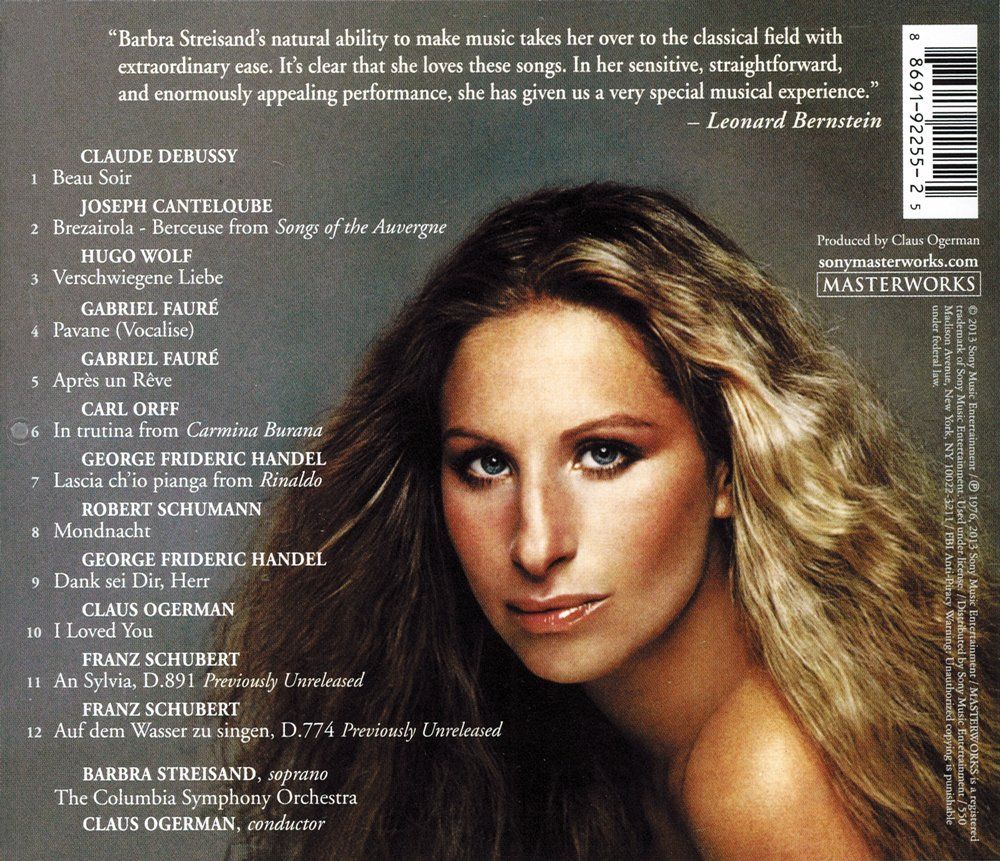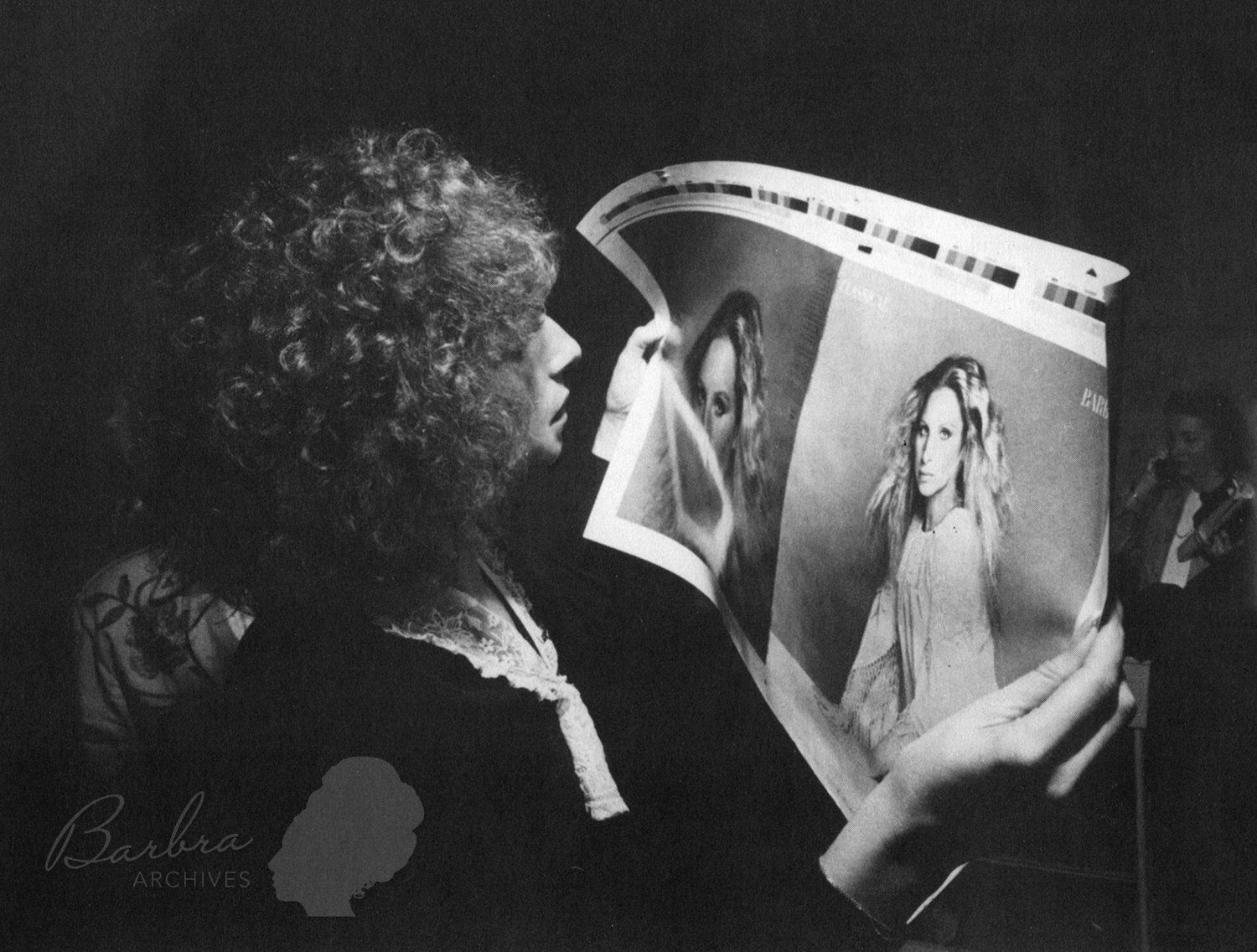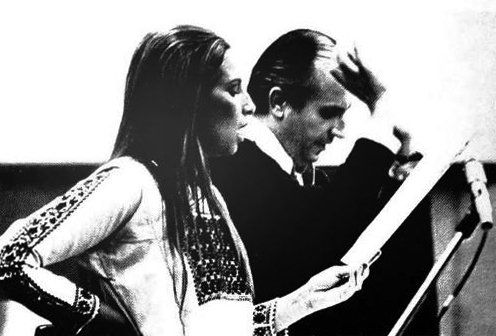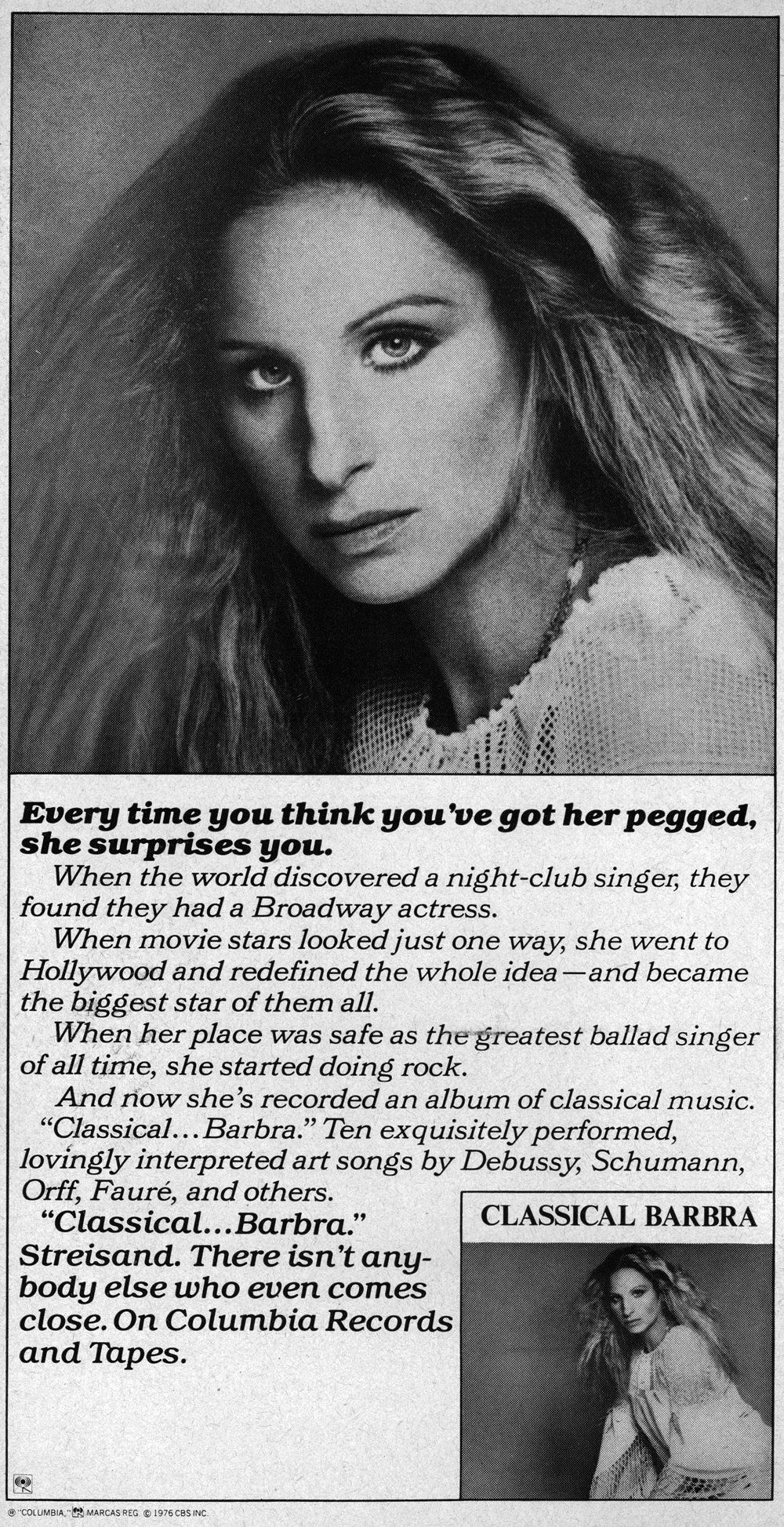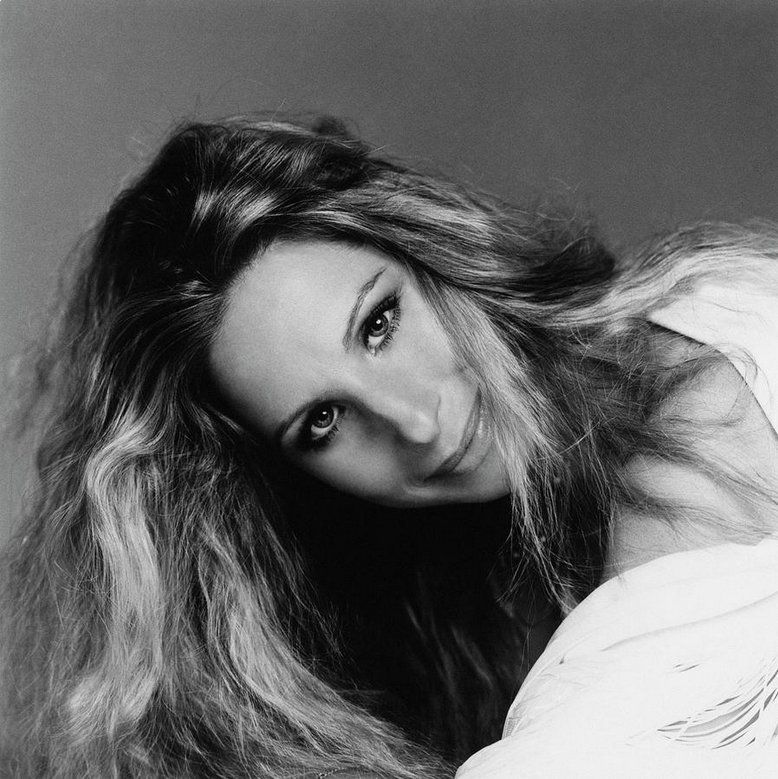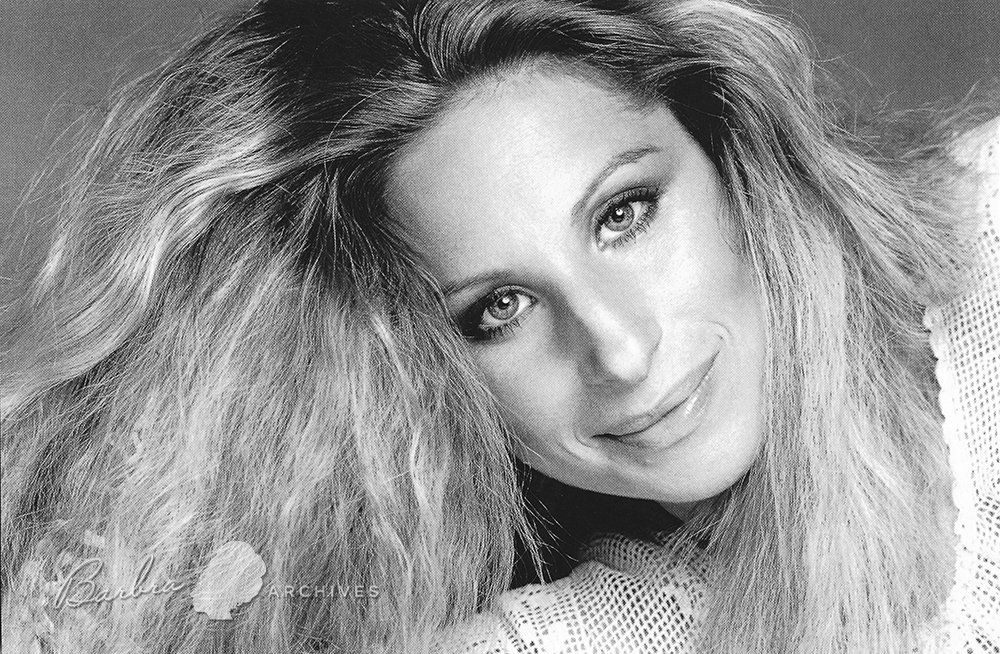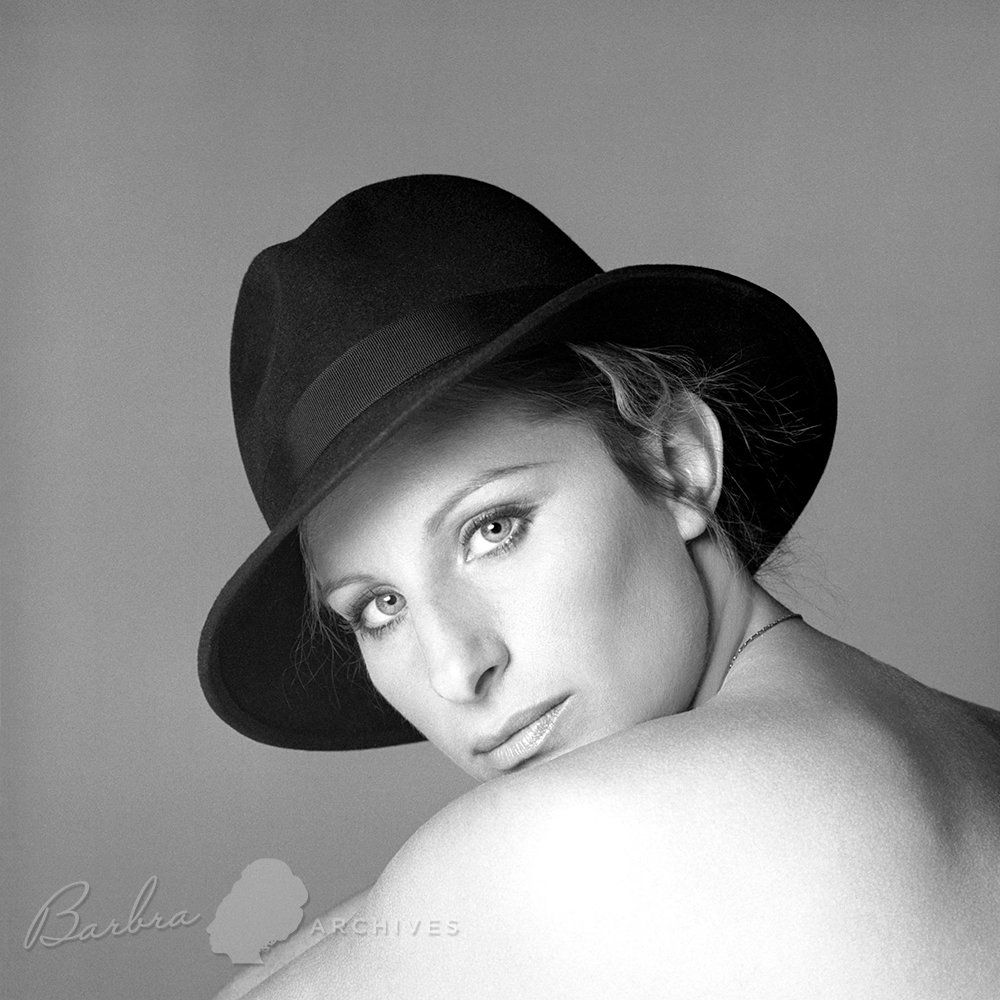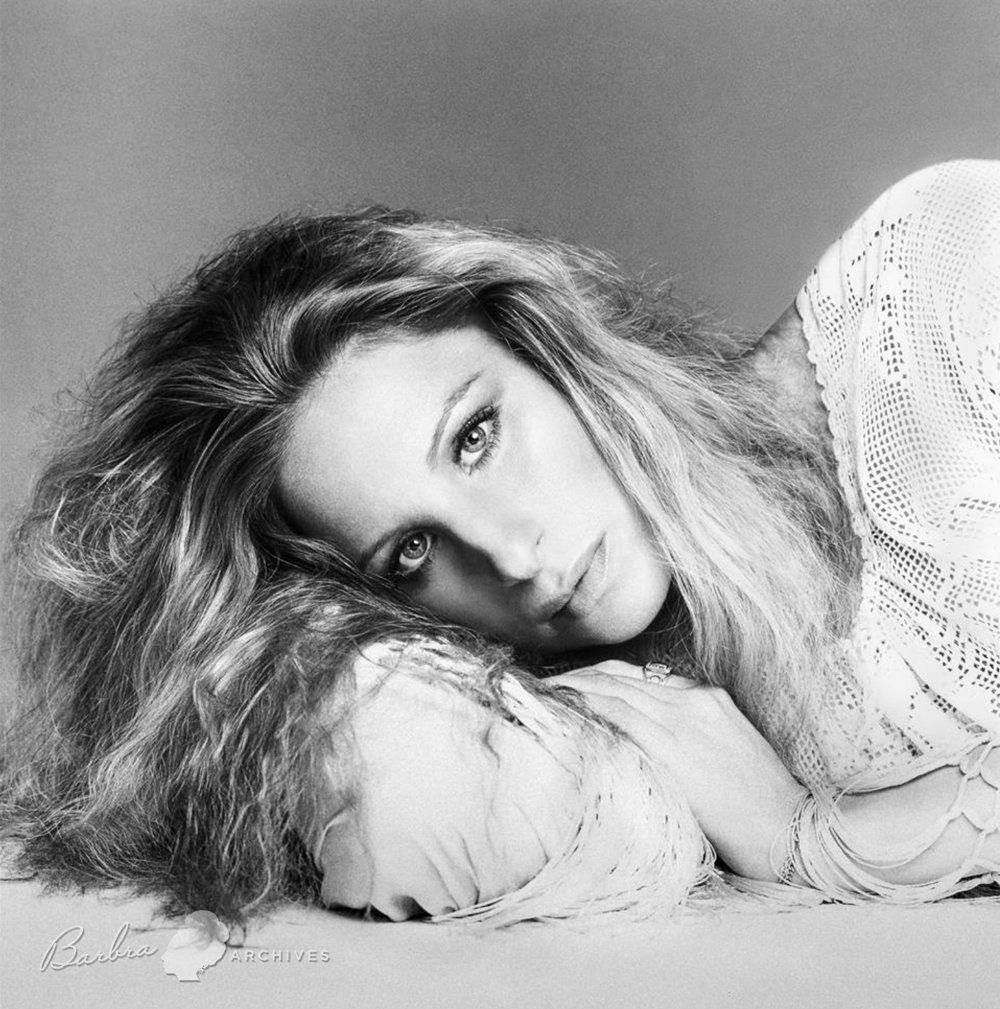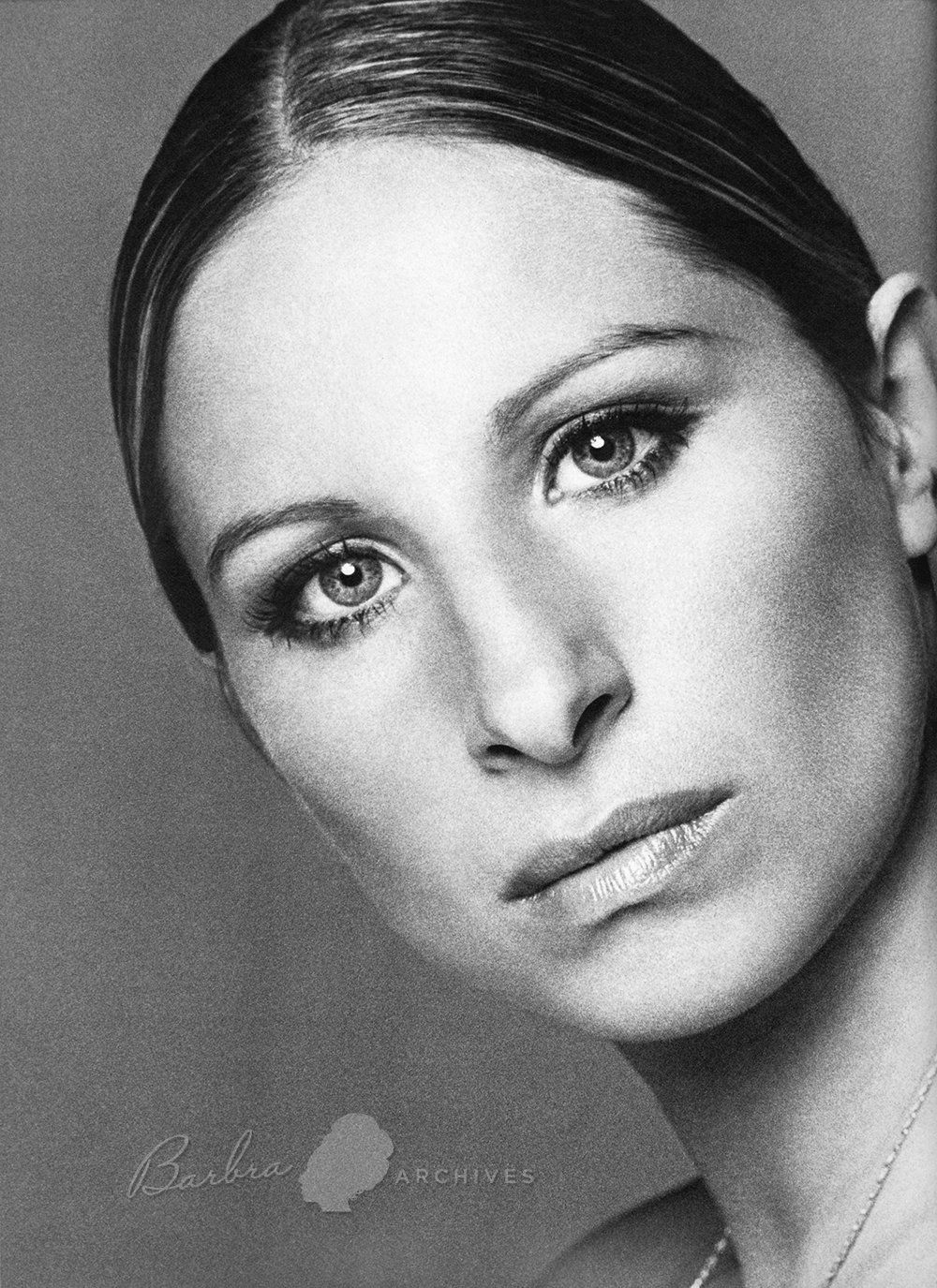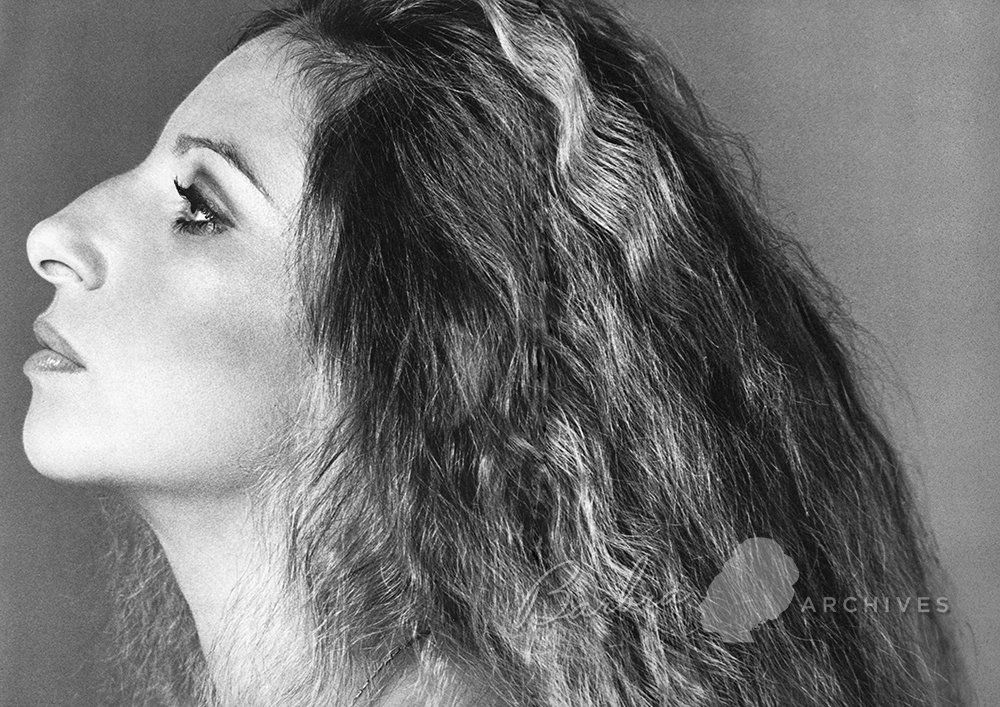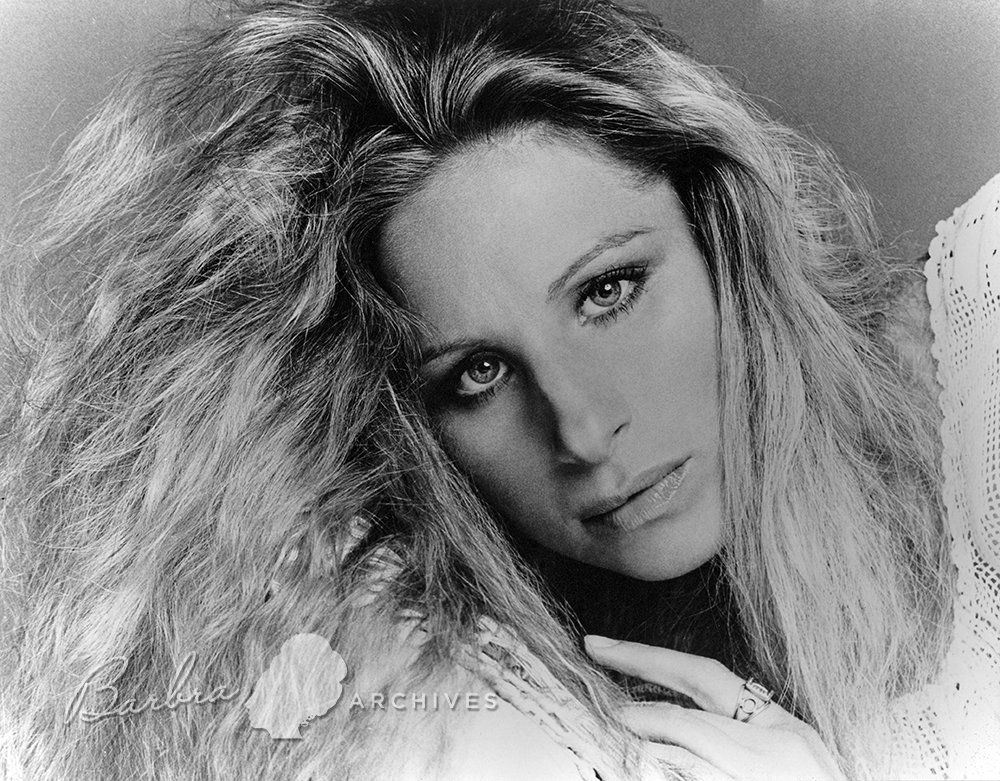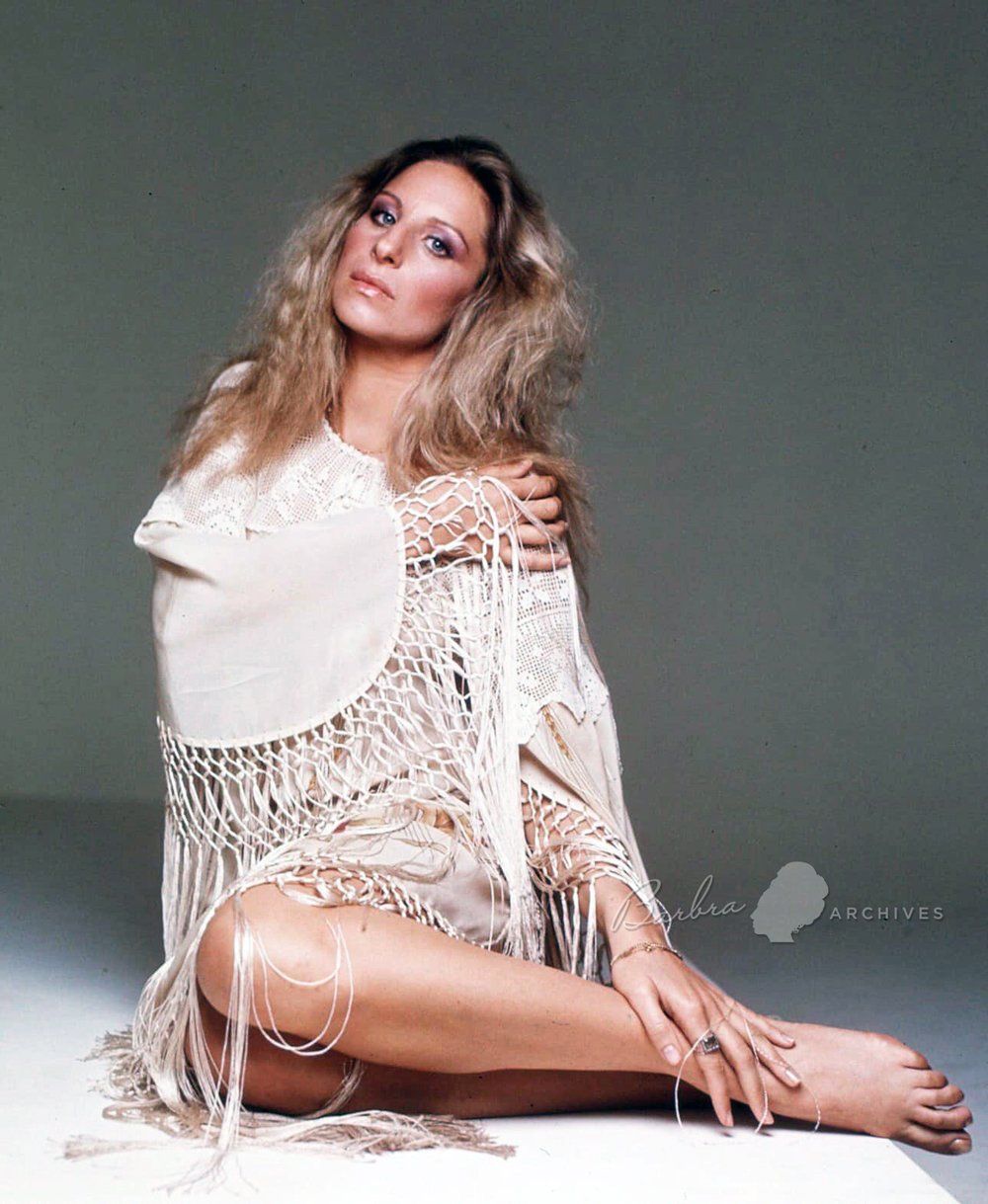“I love classical music, and classical lieder, especially the songs of Shubert and Schumann. I keep thinking I'd like to do an album of lieder myself and call it Follow The Lieder. It's a great title. I've discovered that if you can get a good title, the album just follows naturally along,” Streisand told a journalist in 1972.
Record producer Wally Gold (What About Today?) recalled that “Barbra was always stretching, wanting to do different things, and when she mentioned the desire to do an album of lieder, I encouraged her. I introduced her to Claus Ogerman, who did the arrangements.”
Ogerman was a prolific arranger and orchestrator. In 1959, after moving to the United States, Ogerman created arrangements for albums by Frank Sinatra and Antonio Carlos Jobim, and others at the Verve label. Ogerman first worked with Streisand in April 1970 when he created beautiful charts for “Didn’t We” and the Legrand/Bergman song “Pieces of Dreams.”
Claus Ogerman also conducted the orchestra for Barbra during her engagement at the Riviera Hotel, November and December 1970.
Classical Barbra came to fruition in April and May 1973 when Streisand recorded several classical art songs at Western Recorders, TTG Studios and RCA Recording Studios in Hollywood. Ogerman acted as producer, arranger, conductor, pianist and vocal coach for Streisand on these sessions.
Ogerman said he “greatly regrets” that he missed pianist Glenn Gould’s request to play on his arrangements for Classical Barbra.
Glenn Gould even wrote a glowing review of the album in a 1976 issue of High Fidelity magazine in which he compared Streisand to Elizabeth Schwarzkopf, a classical soprano. “In the case of Barbra Streisand,” Gould said, “the article was really just a declaration of my inordinate fondness for her music making, and it was tied into a review of the Classical Barbra album. I think I was the only person who reviewed it favorably. I adore everything she does. Well, almost everything—there are a few albums where she attempted a sort of pseudo-rock chic which I found offensive … But Streisand is extraordinary. I don’t know of any other singer, with the exception of Elizabeth Schwarzkopf, who has impressed me as much.”
The only original song for the Classical Barbra album was “I Loved You.” Composed by Claus Ogerman, its lyrics came from a poem by Alexander Pushkin.
Streisand recalled her work on the album: “Musically, I’ve felt compelled to try everything. The most difficult singing project was my classical album, because classical singing is such a disciplined art form. As in rock, the rhythms are very specific. I wanted to write ‘This is a work in progress’ on the back of Classical Barbra, but my record company asked me not to. But even though I’m not satisfied with it, I’m still happy I made it.”
Classical pieces which Barbra recorded that did not end up on the final album were “An Sylvia (To Sylvia)” by Franz Schubert and “Auf dem Wasser zu Singen”—also by Schubert and also sung by Streisand (in comedic fashion) on her television show Barbra Streisand and Other Musical Instruments. Both of these songs were included on the 2013 CD release as bonus tracks.
Chronologically, Classical Barbra was recorded in 1973—even though it was not released to the public until February 1976. The generous liner notes by Homer Dennison praised Streisand: “For her millions of fans, what Barbra has done here will come as a surprise and revelation. Without the slightest sacrifice of her own originality, she brings to these songs a flavor that is hers alone … Barbra has been wanting to sing classical songs for a long time, and in choosing Claus Ogerman to work with she shows once again her unfailing ability to do things the right way. In conducting, arranging and accompanying her, Claus provides the musicianship that completely meets the exacting demands of this very special project.”

